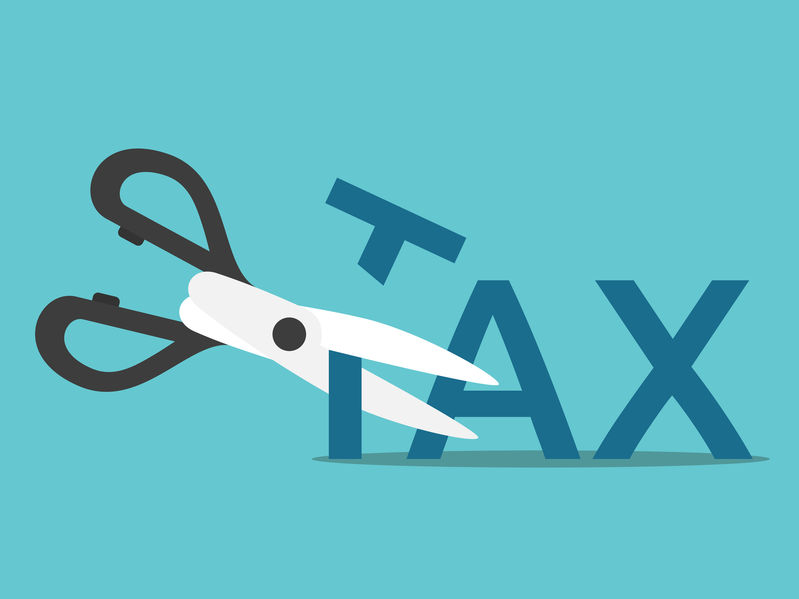The first post in this series on QBI deductions examined the purpose of the deduction, who can claim it, and how to calculate QBI deductions for taxpayers in a lower threshold. This post specifically addresses taxpayers with a taxable income above the higher threshold of $207,500, for individuals, or $415,000, for joint filers.
How do I know if I Qualify for Qbi Deduction?
If a taxpayer is above the higher threshold amount and has ownership interest in a noncorporate qualified business, the deductible QBI amount is subject to a W-2 wage and capital limitation.
The wage and capital limitation is the greater of: (1) 50% of the owner’s allocated share of W-2 wages paid that year; or (2) 25% of W-2 wages paid that year plus 2.5% of the owner’s allocated share of qualified property. However, QBI deductions still cannot exceed the overall limitation of 20% of total taxable income less any net capital gains, so the deduction is the lesser of (1) 20% of total taxable income less any net capital gains or (2) the wage and capital limitation. Qualified property is depreciable tangible property used to produce QBI and the share is based on the original cost of the property.
Example: Husband and wife file a joint tax return on which they report taxable income of $450,000, of which $300,000 is qualified business income from husband’s interest in an S corporation that is not a specified service trade or business. Husband’s allocable share of the business’ W-2 wages is $80,000 and his share of the business’s unadjusted basis in its qualified property is $600,000.
Their wage and capital limitation is the greater of: (1) 50% of W-2 wages, $40,000, or (2) the sum of 25% of W-2 Wages, $20,000, plus 2.5% of the unadjusted basis of the qualified property immediately after is acquisition: $600,000 x 0.025 = $15,000 for a sum of $35,000. The amount of the wage and capital limitation is, therefore, $40,000.
Husband and wife’s combined QBI is the lesser of 20% of QBI, $60,000, or the wage and capital limitation of $40,000. Thus, their combined QBI is $40,000 before applying the overall limitation of 20% of taxable income, $90,000. Husband and Wife’s combined QBI deduction is less than then overall limitation, so $40,000 is deductible as QBI.
How are Licensed Professionals Affected by Qbi?
A taxpayer with a taxable income above the higher threshold, who has QBI from a business which is a specified service trade or business, cannot claim QBI deductions. Specified service trades or businesses include accountants, lawyers, and most licensed professionals. Engineers and architects are expressly excluded from the definition of specified service trade or business.
The next post in this series will explain how to calculate QBI deductions for taxpayers in between the lower and higher taxable income thresholds, and how service businesses are affected.








